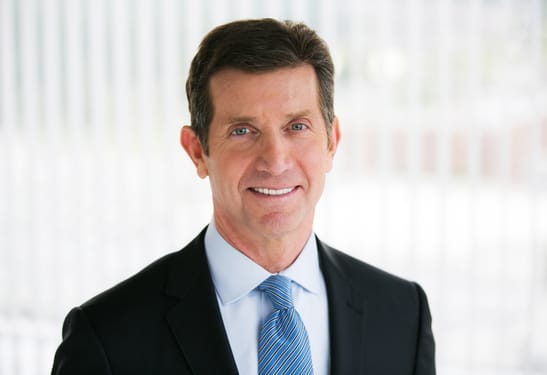The CEO and chairman of health care and consumer goods giant Johnson & Johnson, Alex Gorsky, WG’96, kidded that he has noticed two things since he took on the top role in April 2012: news either is really, really good or really, really bad, and his jokes have gotten a lot funnier.
But his good-natured and honest humor aside, Gorsky also is quick to offer leadership advice, which he recently did at the Wharton Leadership Conference in June. When asked about his “secret sauces” for leadership, Gorsky focused on a few themes:
Staying True to Yourself: We have heard this advice from business leaders before (such as during the Wharton Leadership Lecture by InterContinental Hotels Group’s Kirk Kinsell), but Gorsky added that remembering one’s core values can help leaders sustain their true purpose and vision during heady days and the “crisis du jour.” Meanwhile, leaders at their Olympic heights must also be humble and realize it is no longer about them as individuals; it is about the organization.
Communication: At once, leaders must be approachable and aligned around their organization’s critical strategies, according to Gorsky. To accomplish the latter, Gorsky often finds himself repeating the same talking points over and over around the world.
“Sometimes you do feel like you’re part of a Broadway production,” he says of his repeat performances. Yet he must strike the right chord time and time again because his audience (of employees, analysts, investors, etc.) always changes and will most likely be hearing his message for the first time.
For the former—coming across with sincerity and authenticity—Gorsky has a knack for it, as one detects when listening to him live or via recording, as with his address at the 2013 Wharton Commencement. He also explores new media to accomplish this goal. He has an internal J&J blog where he engages in real-time, uncanned dialogue with employees and shares with them how he thinks.
Developing Leadership: Although only into his second year at a company where the average tenure of the chief executive is a decade, Gorsky claimed that he is already focused on finding his successor. For this position and any leadership role in the organization, Gorsky seeks men and women who have the “intellectual dexterity” to be able to move from one end of Johnson & Johnson to another—operationally and geographically speaking. They must also possess emotional intelligence, endurance, persistence and drive.
In fact, this theme is perhaps the one Gorsky returned to most often in his recent talk on Wharton’s campus. The distinguishing characteristic of a leader, in his mind, is being able to detect great leadership in others and build teams with them “where one plus one plus one equals seven.”
“Great leaders trump strategy … each and every time,” he said.


























